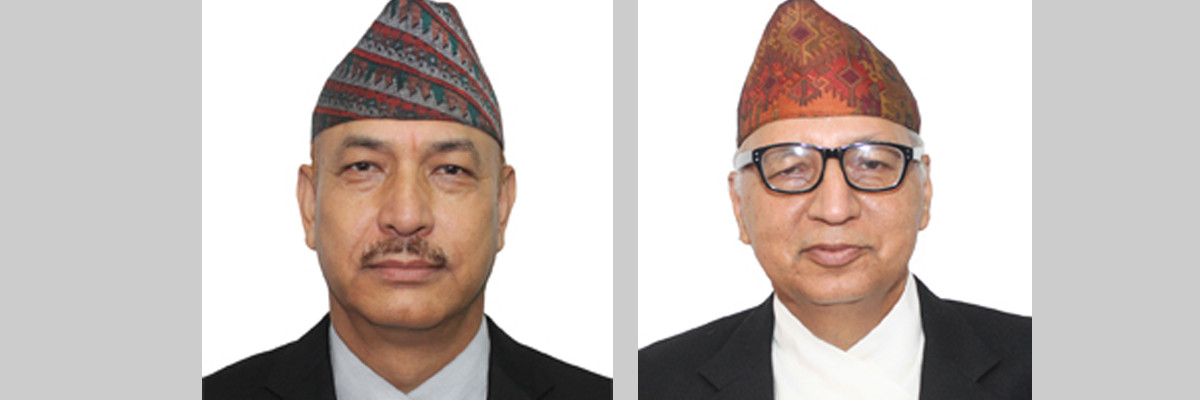The Supreme Court (SC) has interpreted that the policy of reservation is based not on ethnicity but class.
The recently published full text of a SC verdict has mentioned that the Constitution has kept provision of reservation only for the impoverished people irrespective of their ethnicity and community.
Binay Kumar Panjiyar of Janakpur had moved the SC last year demanding reservation quotas in accordance to the Constitution pointing that there are no reservation quotas for postgraduate study in medicine (MD).
The joint bench of Justice Bishwambhar Prasad Shrestha and Ananda Mohan Bhattarai in its verdict on the petition has stated that there is no need to again provide reservation benefits when 45 percent of seats have been allocated in reservation quotas for the graduate level (MBBS).
The bench before issuing the verdict has analyzed the provision of reservation mentioning what the article about equality (Article 18) of the Constitution states. "The state shall not discriminate among citizens on grounds of origin, religion, race, caste, tribe, sex, economic condition, language or geographical region, ideology and such other matters," states Article 18(3) of the Constitution.
The Article 18(3) then goes on to add "Provided that nothing shall be deemed to bar the making of special provisions by law for the protection, empowerment or advancement of the women lagging behind socially and culturally, Dalits, Adibasi, Madhesi, Tharus, Muslims, oppressed class, backward communities, minorities, marginalized groups, peasants, laborers, youths, children, senior citizens, sexual minorities, persons with disability, pregnant, incapacitated and the helpless persons, and of the citizens who belong to backward regions and financially deprived citizens including the Khas Arya."
The state has been providing reservation quotas in education, employment and other sectors on the basis of that added part. The full text of the verdict published on Sunday has interpreted that part and contended that the Constitution has based affirmative action on class and not ethnicity ruling that the terms oppressed class and backward communities in that added part hints at the oppression and backwardness owing to financial poverty.
The verdict has also spoken about why reservation quotas are given. It has said the state should make special provisions through laws for affirmative action when anyone cannot compete with financially and educationally competent persons and participate in the state's mainstream through his/her own or the family's efforts alone.
The SC has also ruled that reservation cannot be continued in perpetuity pointing that the provisions of positive discrimination have been kept in the Constitution only as reparations for the historical discrimination or to remove the prevailing backwardness to create an egalitarian situation.
To justify its ruling that reservations should be based on class and not ethnicity it has pointed that the provision of reservation cannot lead to creation of an egalitarian society envisioned by the Constitution until the nouveau-riche class are excluded from reservation quotas, and benefits and facilities are provided only after examining the needs for reservation quotas at the individual level. It has added that providing reservation quotas without doing so would make reservation quotas an issue of indulgence for the limited class that devours the cream.
"In other words this will not reach those that need reservation quotas, and will dedicate to serve those that do not need the benefits. As a result, this creates a situation where hard work of some doesn't have any meaning while others do not even need to work hard," the verdict explains.
The SC verdict also mentions that legal provisions should be made to ensure that positive discrimination benefits should be provided in a way that they are not repeatedly reaped by a single individual or family.

